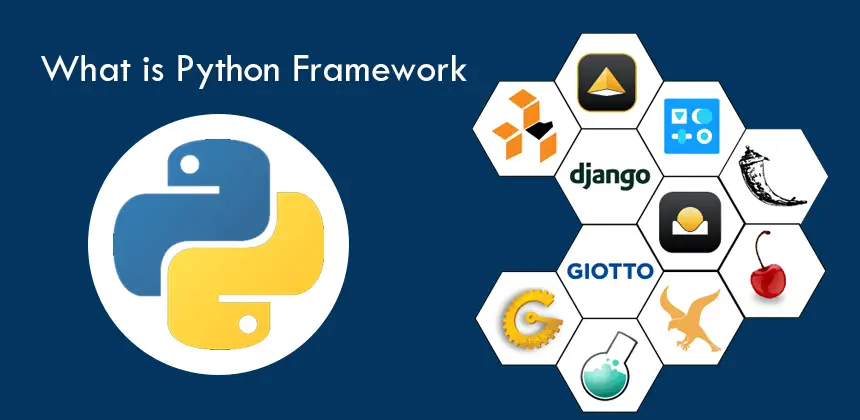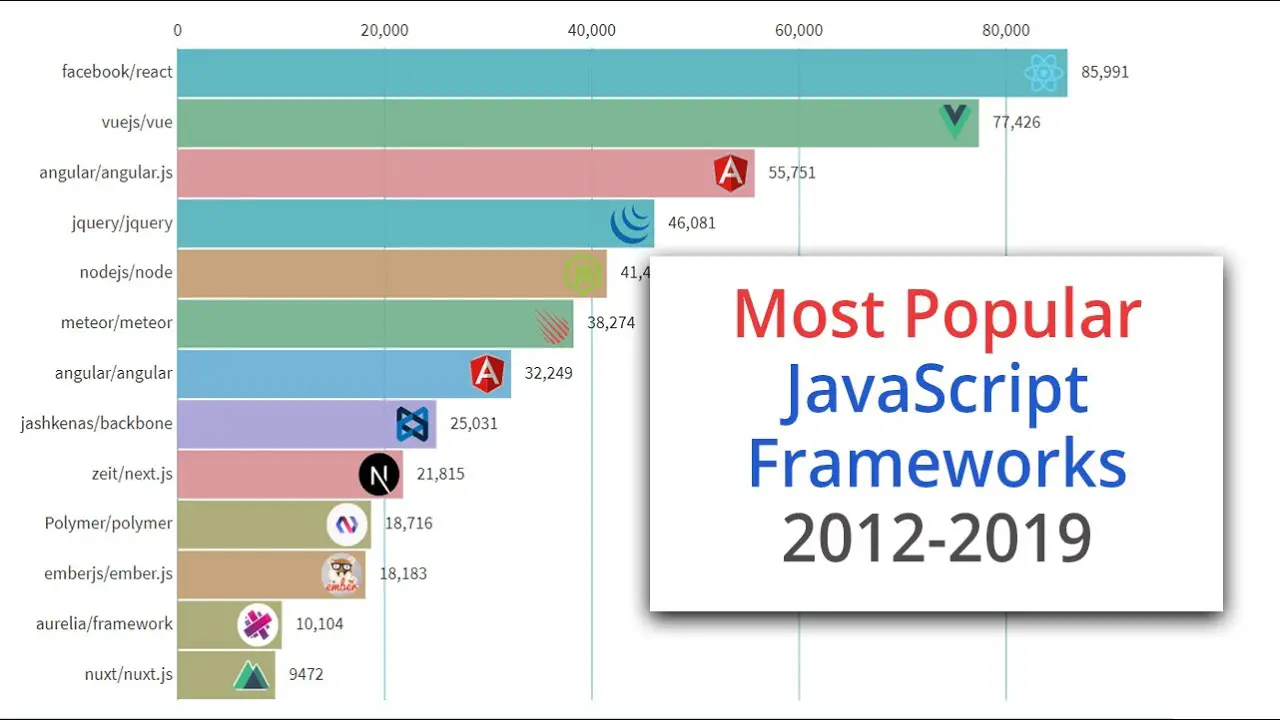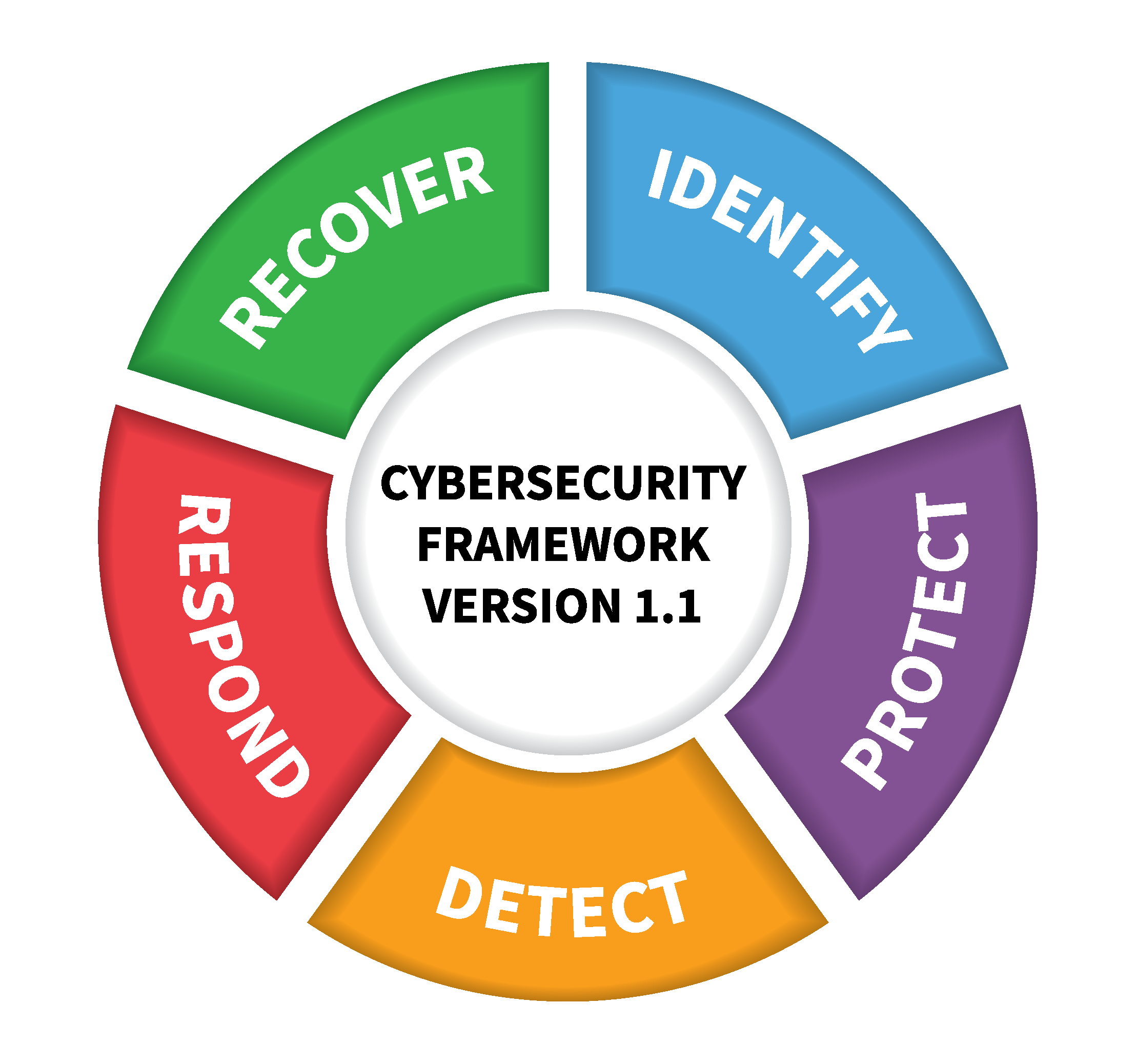Framework Fumbles: Navigating Errors In Popular Frameworks

Software development frameworks provide a structured environment for building applications, offering pre-built components, libraries, and tools to streamline the development process. However, even popular frameworks are not immune to errors and exceptions. Developers may encounter a range of issues while using frameworks, from syntax errors to runtime exceptions and framework-specific errors.

Syntax Errors:
One of the most common errors encountered when working with frameworks is syntax errors. These errors occur when the code does not adhere to the framework’s specific syntax rules. Syntax errors can be easily identified by the error messages provided by the framework, which often indicate the line number and specific character where the error occurred. Resolving syntax errors involves carefully reviewing the code and ensuring it conforms to the framework’s syntax requirements.
Runtime Exceptions:
Runtime exceptions are errors that occur during the execution of the application. These exceptions are typically caused by incorrect usage of the framework’s APIs, such as calling a method with invalid arguments or attempting to access a non-existent resource. Runtime exceptions are often accompanied by stack traces that provide valuable information about the sequence of events leading to the error. To resolve runtime exceptions, developers need to carefully analyze the stack trace and identify the source of the error.
Framework-Specific Errors:
Frameworks often define their own set of custom errors to handle specific scenarios. These framework-specific errors can provide more context and guidance for resolving issues related to the framework’s functionality. For example, a web framework may throw an error indicating a missing template or an invalid request payload. To resolve framework-specific errors, developers need to refer to the framework’s documentation and understand the specific error messages and their corresponding solutions.
Debugging Techniques:

Navigating errors in frameworks requires a combination of debugging techniques and familiarity with the framework’s documentation. Developers can leverage tools like debuggers and logging statements to step through the code and identify the source of errors. Additionally, it is essential to consult the framework’s documentation to understand the expected behavior, error handling mechanisms, and best practices. By utilizing these techniques, developers can effectively troubleshoot and resolve errors, ensuring the smooth development and execution of framework-based applications.## Framework Fumbles: Navigating Errors In Popular Frameworks
Executive Summary
When it comes to web development, frameworks can be a major asset. They can help developers save time and effort by providing a set of pre-built tools and components. However, no framework is perfect, and even the most popular frameworks can have their share of errors and bugs. Understanding these errors and knowing how to fix them is an essential skill for any developer.
Introduction
Web frameworks are software platforms that provide a set of pre-built tools and components for web development. They can help developers save time and effort by providing a starting point for their projects and by offering a variety of features and functionality that would be difficult or time-consuming to develop from scratch.
While frameworks can be a valuable tool for developers, they are not without their drawbacks. One of the biggest challenges of using a framework is dealing with errors and bugs. Frameworks can be complex and difficult to understand, and even experienced developers can find it difficult to troubleshoot errors.
FAQs
1. What are the most common errors in popular frameworks?
Some of the most common errors in popular frameworks include:
- Syntax errors: These errors are caused by incorrect syntax in the code, such as missing or misplaced parentheses or brackets.
- Semantic errors: These errors are caused by incorrect usage of language features, such as using the wrong data type or calling a function with the wrong arguments.
- Logic errors: These errors are caused by incorrect logic in the code, such as using an incorrect algorithm or making an incorrect assumption.
2. How can I fix errors in frameworks?
The first step in fixing errors in frameworks is to identify the error. This can be done by reading the error message and by examining the code. Once the error has been identified, the next step is to find a solution. This may involve finding a fix in the documentation, searching for a solution online, or contacting the framework developers.
3. How can I avoid errors in frameworks?
There are a number of steps that developers can take to avoid errors in frameworks. These steps include:
- Read the documentation: Before using a framework, it is important to read the documentation and understand how it works.
- Use a debugger: A debugger can help you step through your code and identify any errors.
- Test your code: It is important to test your code regularly to identify any errors before they can cause problems.
Top 5 Subtopics
1. Syntax Errors
Syntax errors are caused by incorrect syntax in the code, such as missing or misplaced parentheses or brackets. These errors are usually easy to identify and fix, but they can be a major annoyance if they occur frequently.
- Incorrect syntax: This is the most common type of syntax error, and it is caused by using incorrect syntax rules, such as using the wrong punctuation or capitalization.
- Missing or misplaced parentheses or brackets: Another common type of syntax error is missing or misplaced parentheses or brackets, which can lead to unexpected results.
- Invalid characters: Using invalid characters in your code can also lead to syntax errors, such as using spaces in variable names or using special characters in strings.
2. Semantic Errors
Semantic errors are caused by incorrect usage of language features, such as using the wrong data type or calling a function with the wrong arguments. These errors can be more difficult to identify than syntax errors, and they can lead to more serious problems, such as crashes or data corruption.
- Incorrect data types: Using the wrong data type can lead to semantic errors, such as trying to store a string in a variable that is defined as an integer.
- Calling a function with the wrong arguments: Another common type of semantic error is calling a function with the wrong arguments, which can lead to unexpected results or even crashes.
- Incorrect variable names: Using incorrect variable names can also lead to semantic errors, as it can make it difficult to understand and maintain the code.
3. Logic Errors
Logic errors are caused by incorrect logic in the code, such as using an incorrect algorithm or making an incorrect assumption. These errors can be the most difficult to identify and fix, and they can lead to a variety of problems, such as incorrect results, infinite loops, and crashes.
- Incorrect algorithm: An incorrect algorithm is a step-by-step procedure that is used to solve a problem, and an incorrect algorithm can lead to logic errors.
- Incorrect assumption: An incorrect assumption is a belief that is not true, and an incorrect assumption can lead to logic errors if it is used in the code.
- Infinite loops: An infinite loop is a loop that never ends, and it can be caused by a logic error in the code.
4. Framework-Specific Errors
In addition to the general types of errors discussed above, there are also framework-specific errors that can occur. These errors are caused by specific features or limitations of the framework, and they can be difficult to identify and fix if you are not familiar with the framework.
- Incorrect configuration: Incorrect configuration is a common cause of framework-specific errors, and it can be caused by using the wrong values in the configuration file or by using the wrong configuration options.
- API mismatch: API mismatch is another common cause of framework-specific errors, and it can be caused by using the wrong API version or by calling the API with the wrong parameters.
- Plugin conflicts: Plugin conflicts can also lead to framework-specific errors, and they can be caused by using plugins that are not compatible with the framework or with each other.
5. Performance Errors
Performance errors are caused by code that is inefficient or that uses excessive resources. These errors can lead to slow page load times, crashes, or other performance problems.
- Resource leaks: A resource leak is a situation where a resource is not properly released after it is used, and this can lead to memory leaks or other performance problems.
- Slow queries: Slow queries are database queries that take a long time to execute, and they can lead to slow page load times or other performance problems.
- Unoptimized code: Unoptimized code is code that is not written in an efficient manner, and this can lead to slow page load times or other performance problems.
Conclusion
Errors are a fact of life when working with frameworks. However, knowing how to avoid these errors, and how to fix them if they do occur, can help you save time and effort, and it can help you build more stable and reliable applications.
Keyword Tags
- Web frameworks
- Errors
- Debugging
- Syntax errors
- Semantic errors
- Logic errors
- Framework-specific errors
- Performance errors
